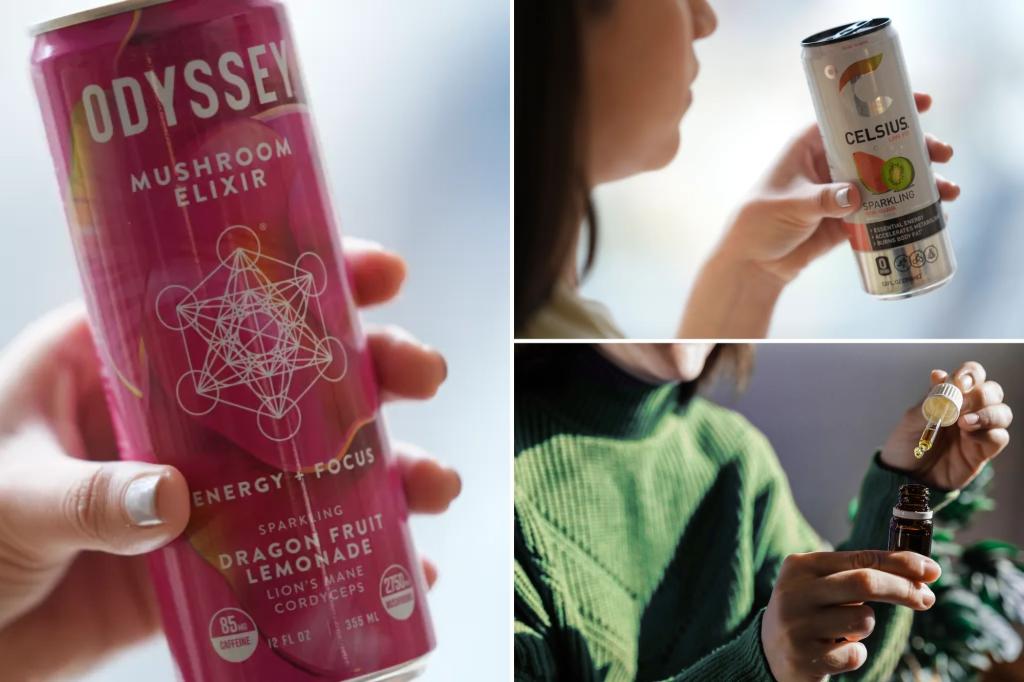Functional beverages are becoming increasingly popular worldwide, with hundreds of companies entering the market to promote drinks that offer mental or physical benefits beyond hydration. Some of the latest ingredients found in these functional beverages include adaptogens, which are plants and mushrooms that may help the body respond to stress and enhance feelings of well-being. Examples of adaptogens include American and Asian ginseng, ashwagandha, eleuthero, Rhodiola rosea, and chaga. The Cleveland Clinic states that adaptogens trigger chemical reactions that can return the body to a more balanced state, with rare side effects depending on the plant. However, studies show that adaptogens work best for short durations as the body can build a resistance to them over time.
Nootropics, also known as “smart drugs,” are substances that can improve human thinking, learning, and memory. Common nootropics include caffeine, L-theanine, creatine, Bacopa monnieri, Gingko biloba, and lion’s mane. Some adaptogens may also have nootropic properties, such as ashwagandha. Research shows that plant-based nootropics are not immediately effective after a single dose and must be taken over an extended period to see measurable improvements. One challenge in researching these substances has been standardizing the form and dosage. Side effects of nootropics are rare and generally mild, but users should consider their overall health and the potential effects on other medications before consuming them.
Probiotics are foods or supplements containing live microorganisms intended to maintain or improve the “good” bacteria in the gut or other parts of the body. Prebiotics are food for the bacteria and organisms in the gut, found in whole grains, bananas, greens, onions, garlic, soybeans, and artichokes. Probiotics work alongside beneficial microbes in the body to fight off harmful bacteria, fungi, viruses, and parasites, potentially influencing chronic conditions like irritable bowel syndrome. However, the impact of probiotics and prebiotics on the microbiome is an area of active research with inconclusive evidence regarding their effectiveness. Rare side effects may occur in individuals with weak immune systems.
CBD, or cannabidiol, is an active ingredient in cannabis that does not cause a high. CBD has been used to treat epilepsy, anxiety, insomnia, chronic pain, and addiction, with potential side effects like nausea, fatigue, and irritability. Harvard Medical School suggests that CBD is a relatively non-toxic option for managing anxiety and other issues, but more research is needed to determine effective doses. The growing market of functional beverages offers consumers a range of ingredients aimed at improving overall health and well-being, with each substance offering potential benefits and side effects to consider. Further research is needed to better understand the impacts and effectiveness of these ingredients in functional beverages.


